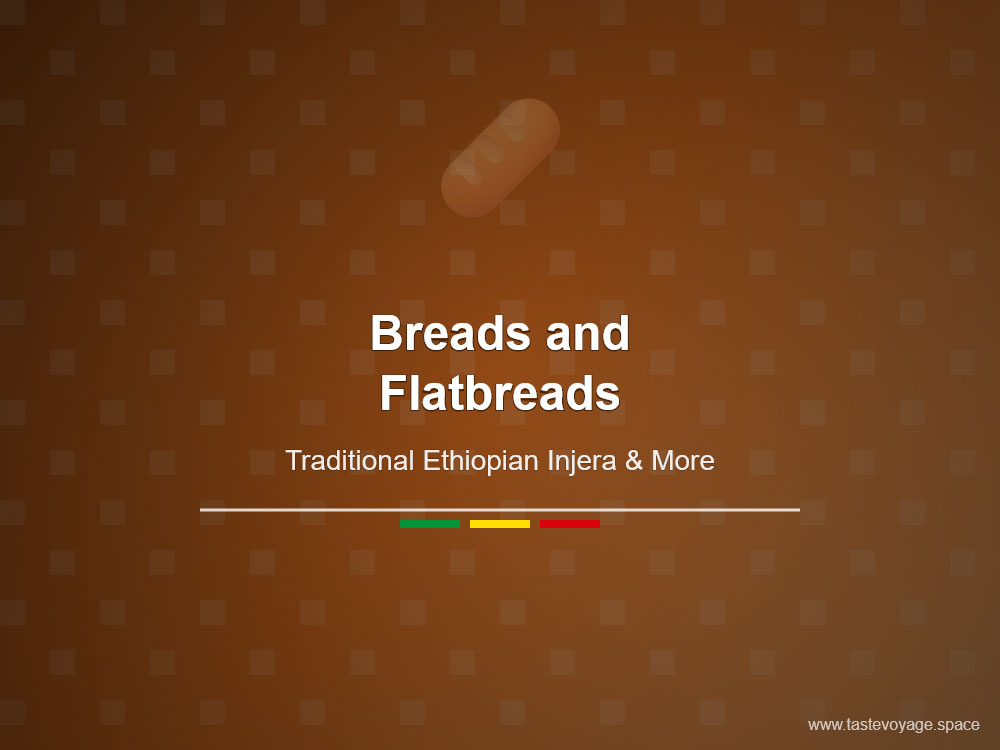Authentic Ethiopian Festival Bread Recipe You Must Try
Travel the World Through Food >> Breads and Flatbreads>>Ethiopian Cuisine>> Authentic Ethiopian Festival Bread Recipe You Must Try
Authentic Ethiopian Festival Bread Recipe You Must Try
Discovering the Cultural Significance of Traditional Ethiopian Festival Bread
Ethiopian Cuisine is renowned for its rich flavors, vibrant colors, and deep-rooted traditions. Among its many culinary treasures, the traditional Ethiopian festival bread holds a special place. This bread is more than just a staple; it embodies the spirit of community, celebration, and cultural identity. Exploring this dish offers a glimpse into Ethiopia’s vibrant heritage and the sacred role bread plays within it.
A Symbol of Unity and Celebration
In Ethiopia, bread is more than nourishment — it is a symbol of unity and hospitality. During festivals and special occasions, families and communities come together to share this traditional bread. It often marks important religious and cultural celebrations, serving as a centerpiece that brings people closer. The act of breaking bread together emphasizes harmony, mutual respect, and the joy of shared traditions.
Cultural Roots and Culinary Significance
Ethiopian festival bread is deeply intertwined with the country’s history and spiritual life. Typically, it is made using traditional methods passed down through generations, reflecting a long-standing culinary heritage. The ingredients are simple yet meaningful, often including locally sourced grains that highlight Ethiopia’s agricultural richness. The process of preparing and sharing this bread strengthens cultural bonds and sustains age-old customs.
The bread’s unique flavor profile and texture are a testament to Ethiopia’s diverse culinary landscape. It is often slightly sour, with a dense, chewy consistency that makes it ideal for soaking up flavorful Stews and sauces. Its rustic appearance and hearty nature symbolize resilience and the enduring spirit of the Ethiopian people.
The Role in Religious and Cultural Festivals
During religious festivals such as Timket or Meskel, Ethiopian festival bread takes center stage. It is often blessed and shared among community members, symbolizing spiritual renewal and communal harmony. These celebrations highlight the importance of tradition, faith, and cultural continuity. The bread’s presence reinforces the sense of belonging and cultural pride during these sacred moments.
An Invitation to Experience Ethiopian Heritage
Tasting traditional Ethiopian festival bread offers more than a culinary experience; it provides insight into the country’s rich cultural tapestry. It invites us to appreciate the importance of food as a vessel of tradition, community, and spirituality. Whether enjoyed during festive gatherings or as part of everyday life, this bread exemplifies Ethiopia’s warm hospitality and deep respect for its heritage.
Conclusion
The traditional Ethiopian festival bread is a beautiful representation of Ethiopia’s cultural and culinary identity. Its significance goes beyond taste, embodying themes of unity, tradition, and celebration. By learning about and appreciating this special bread, we gain a deeper understanding of Ethiopia’s vibrant cultural landscape. It is a testament to how food can serve as a bridge connecting history, community, and shared joy.
